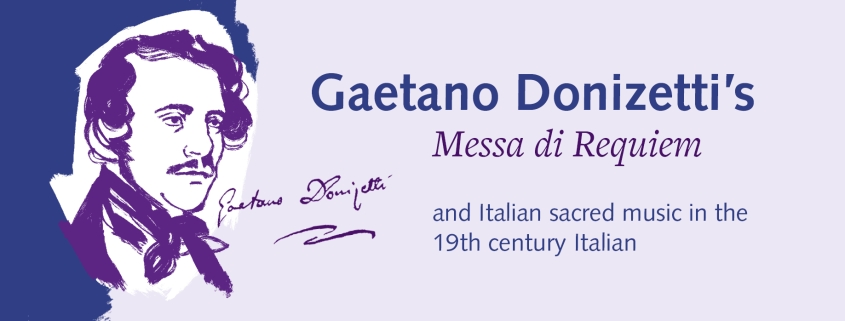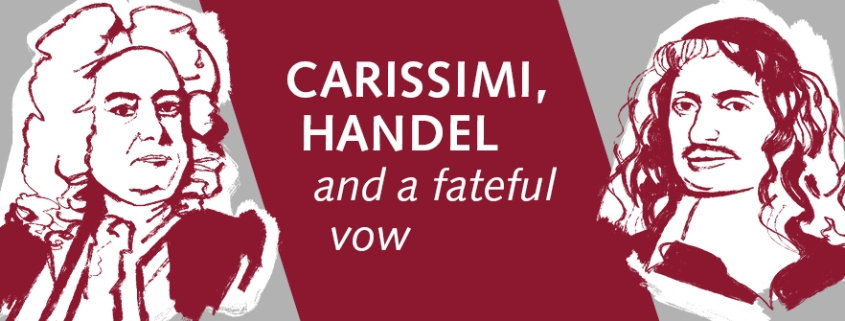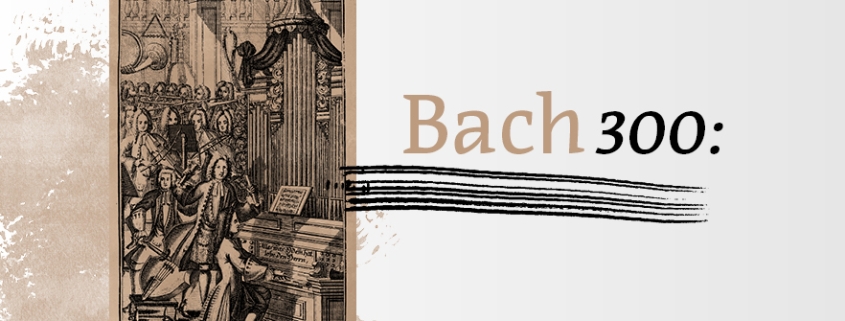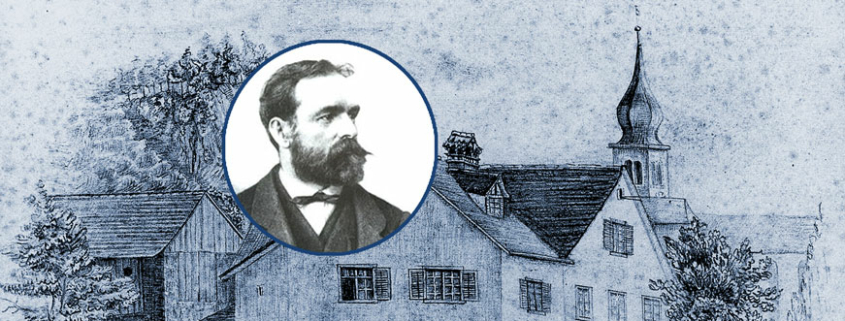Heinrich Kaminski (1886–1946)
It was not until the beginning of 1944 that he managed to find words, if not yet sounds, for the “et in terra pax”. It was Kaminski’s fervent wish to complete the mass: He wanted “to be able to finish these two works [Die Messe deutsch, Das Spiel vom König Aphelius]; then, as far as a human being can say, I will wave a confident farewell to this world when the hour comes.”

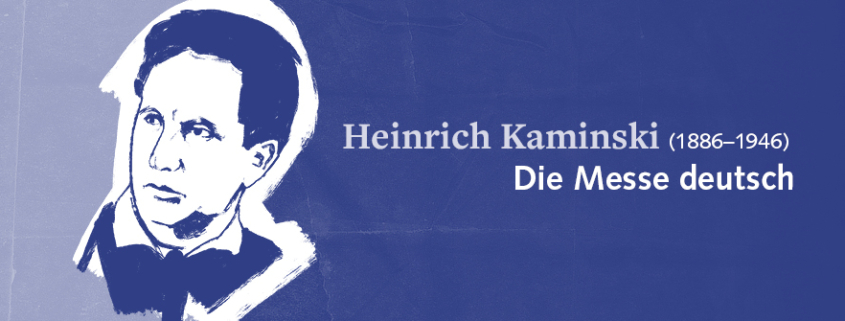
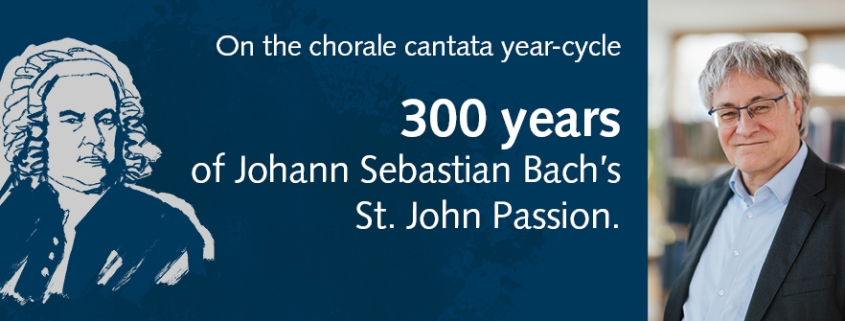 (c) Sven Cichowicz
(c) Sven Cichowicz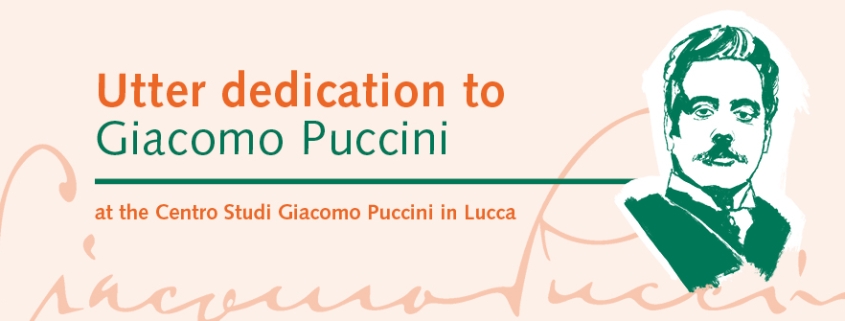
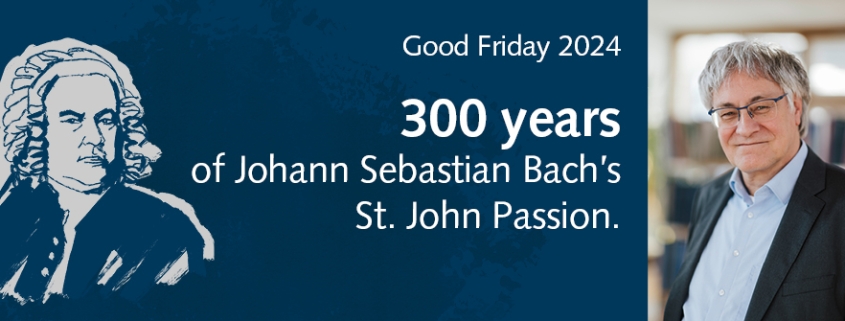 © Sven Cichowicz
© Sven Cichowicz